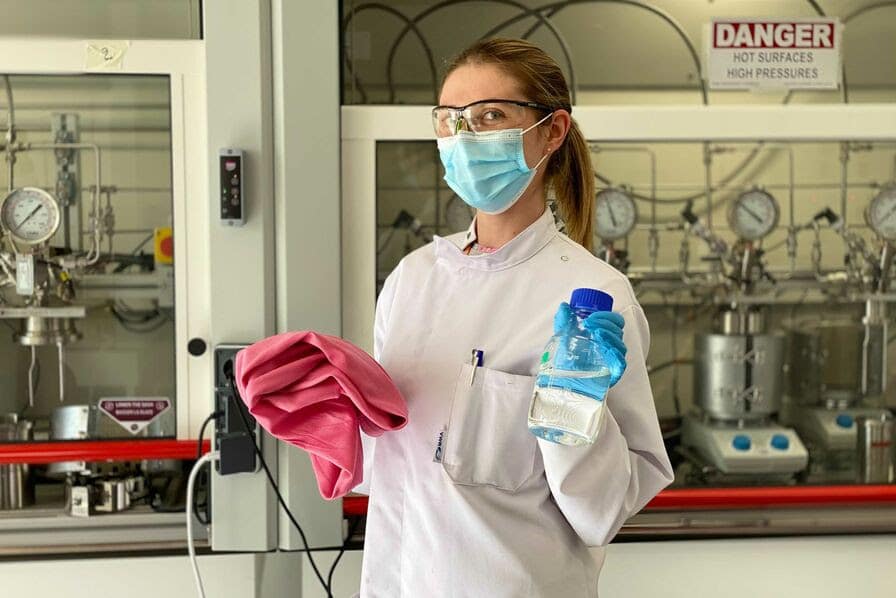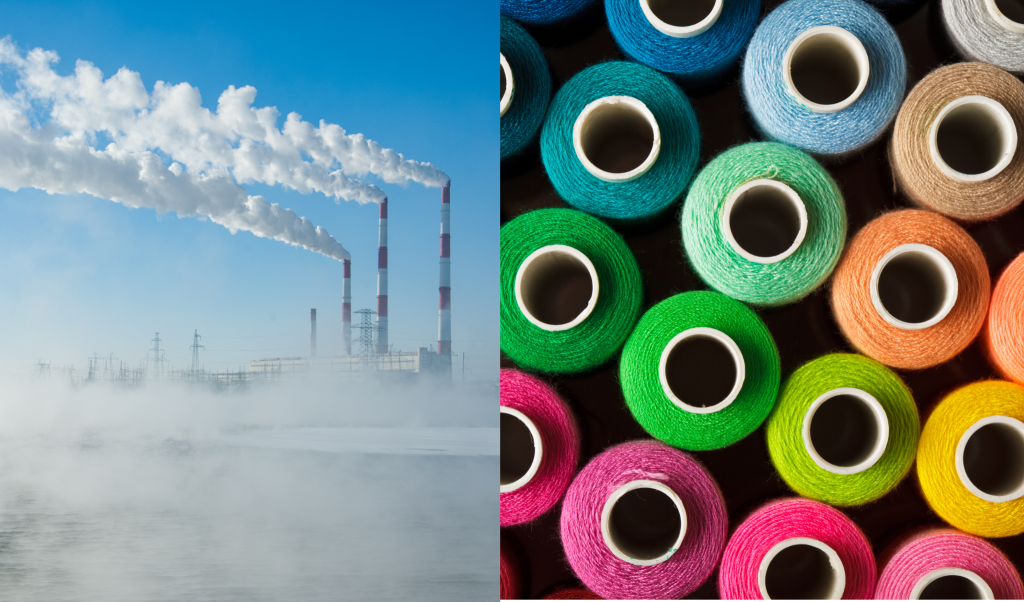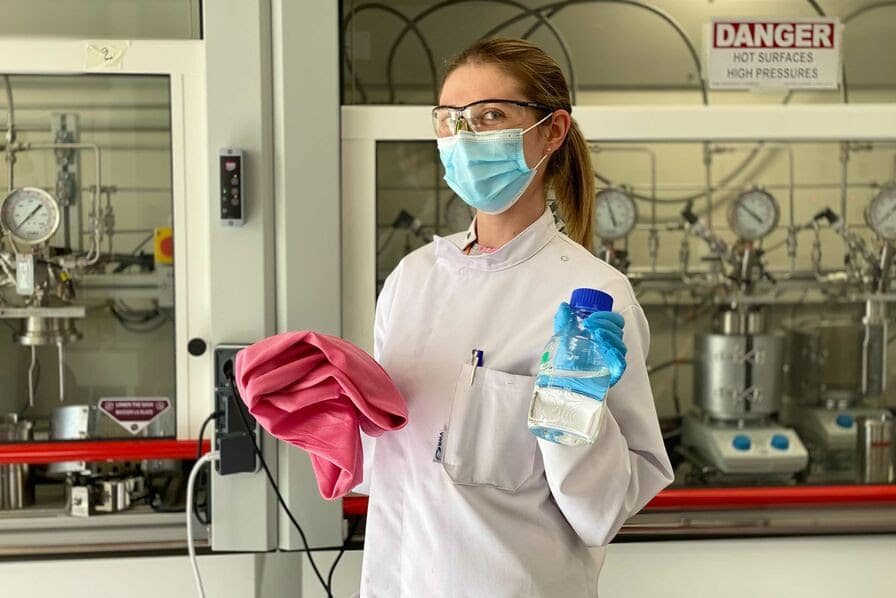
The French startup Fairbrics wants to recover the CO2 rejected by the industrialists to transform it into polyester spools, with “the installation of a pilot plant which should see the light of day mid-2024”, explains its president Benoît Illy.
Benoît Illy recently stated, “We use industrial CO2. The problem is not the capture, it is “What do we do with it after the capture? it is expensive to get rid of it and today, there is no recovery”.
He continued, adding, “When we compare our product with a fiber currently on the market, we note that this technology can reduce the carbon impact of 70%, “Dressing is a primary need. Polyester, by being a synthetic fiber, can be produced very efficiently, using very little water and resources, unlike cotton, a natural fiber, but one that has a disastrous impact on the environment.”

Fairbrics, adds that the cost “will be close to the productions of petroleum-based materials, between the same price and twice as expensive,” assures Benoît Illy. “Brands have told us it’s acceptable because there is an environmental benefit.”
There are no signed agreements yet, he says, but the company has forged three partnerships with fashion brands, H&M, Aigle and On-Running, which have paid for a portion of the development. It has also had discussions with petrochemical groups and steelmakers.
 Tawfiq Nasr Allah and Benoit Illy, founders of Fairbrics
Tawfiq Nasr Allah and Benoit Illy, founders of Fairbrics
Fairbrics is working on setting up a pilot plant, which is expected to open in mid-2024 in Antwerp, Belgium. “We will recover CO2 from the petrochemical platform in its port. This pre-industrial phase will allow us to produce the equivalent of 1,000 T-shirts per day. We have enough money for the pilot plant, but for the full-scale plant, which would require an investment of tens of millions of euros, we will have to raise another round of financing in twelve months.”
“As we developed our innovation, we realized that there was a strong push to repatriate production to France, especially with the COVID crisis and supply issues. In the beginning, we wanted to produce in Asia, but we changed our mind, and we would like to produce in Europe, for the European market and license the technology for the United States and Asia”.
Electricity is more expensive in Europe than in China and this creates problems, Benoit Illy points out, “but since this technology requires little labor (technicians and engineers), we will be able to compete even with European wages.”
A recently published study conducted by the University of Oxford tends to show that CO2 elimination projects are currently largely insufficient to achieve international climate objectives, which will require the massive and rapid development of innovative technologies. Hence, the essential nature of these new industrial developments.




